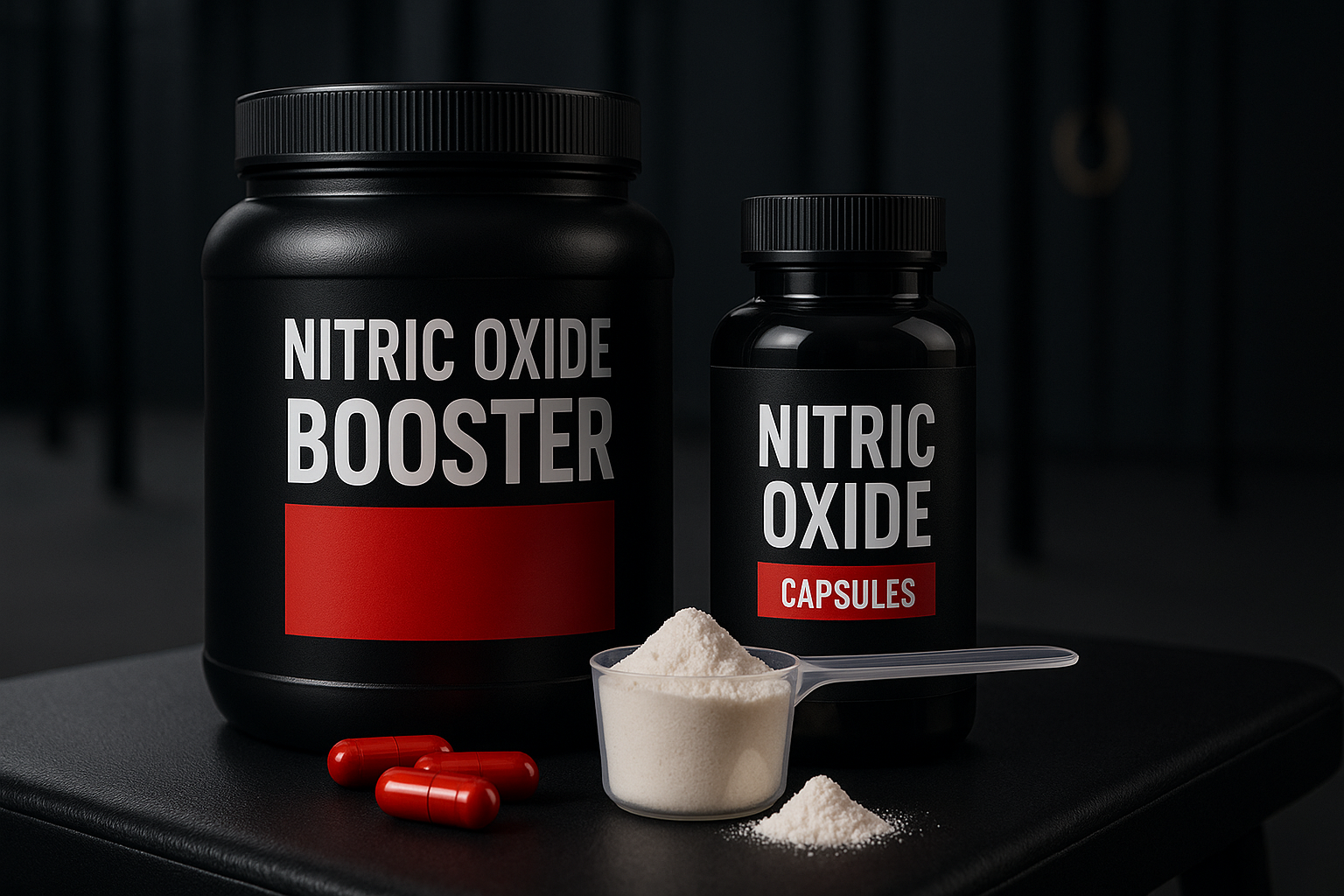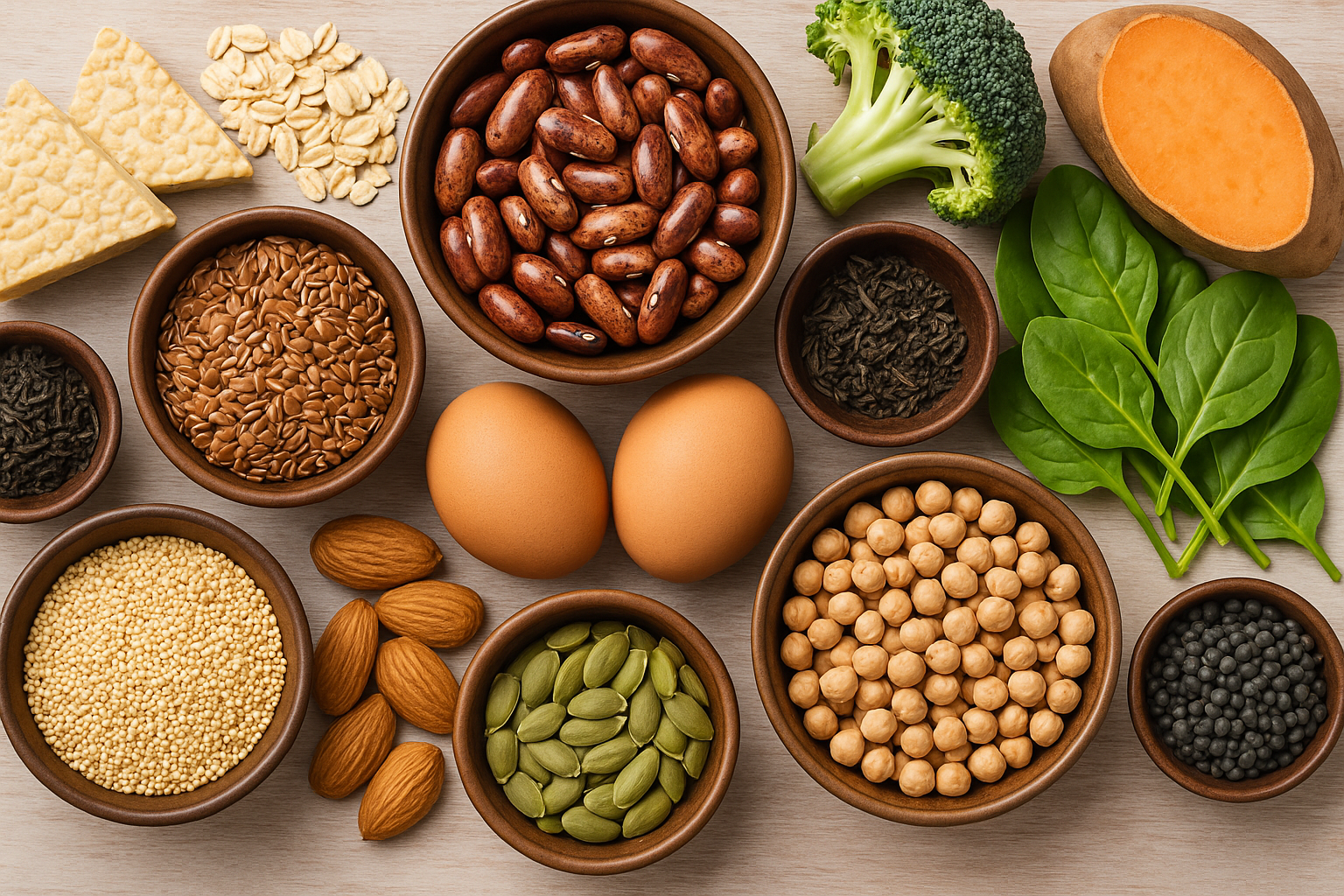Introduction
In today’s health-conscious world, understanding the role of dietary fats is crucial. While fats were once unfairly vilified, modern science reveals that healthy fats, including fatty acids and omega-3s, are indispensable for optimal health. This comprehensive guide will explore the significance of these nutrients, debunk common myths, and highlight how to incorporate them into your diet effectively.
The Essential Science of Healthy Fats
Healthy fats are not merely a dietary component; they are a cornerstone of good health. Here’s what the latest research tells us about different types of fats:
- Omega-3 Fatty Acids: Essential for heart health, cognitive function, and inflammation control. Sources include fish, flaxseeds, and walnuts.
- Monounsaturated Fats: Found in avocados and olive oil, these fats improve cholesterol levels and reduce heart disease risk.
- Polyunsaturated Fats: Crucial for immune function and cell health. They include both omega-3 and omega-6 fats found in seeds and nuts.
- Saturated Fats: Require a balanced approach; they are beneficial in moderation and can be part of a healthy diet when sourced from natural foods like coconut oil.
Benefits of Integrating Quality Fats into Your Diet
Incorporating healthy fats into your diet offers numerous health benefits:
- Enhanced Cardiovascular Health: Omega-3 fatty acids help reduce hypertension and prevent heart diseases.
- Improved Mental Health and Cognitive Function: Fats are integral to brain health, impacting everything from memory to mood stabilization.
- Strengthened Immune System: Quality fats play a role in bolstering the immune system, helping your body fend off illness.
- Balanced Hormone Levels: Fats are essential for hormone production, affecting everything from stress responses to reproductive health.
Debunking Myths About Fats
It’s time to dispel some of the most common myths surrounding fats:
- Myth: All fats are equal and detrimental to health.
- Fact: Quality fats, like omega-3 and monounsaturated fats, are beneficial and necessary for health.
- Myth: Eating fat makes you fat.
- Fact: Healthy fats are satiating and can actually help regulate weight.
How to Incorporate Healthy Fats into Your Diet
For those looking to enhance their dietary intake of fats, here are practical tips:
- Opt for whole food sources like nuts, seeds, and fatty fish.
- Use olive oil for cooking and salad dressings.
- Include avocados in meals for a nutrient-rich source of monounsaturated fats.
- Read labels carefully to avoid trans fats and highly processed fatty foods.
What about Trans Fats?
Trans fats, often listed as “partially hydrogenated oils” on food labels, are a type of dietary fat that health experts recommend avoiding due to their detrimental effects on health. Here’s a detailed look at why trans fats are harmful and how they impact the body:
Negative Effects of Trans Fats
- Increased LDL (Bad) Cholesterol: Trans fats contribute to an increase in low-density lipoprotein (LDL) cholesterol, often referred to as “bad” cholesterol, which can accumulate in the arteries and increase the risk of heart disease.
- Reduced HDL (Good) Cholesterol: Unlike healthy fats that can increase high-density lipoprotein (HDL) or “good” cholesterol, trans fats decrease HDL levels, which help remove bad cholesterol and protect against heart disease.
- Inflammation: Studies have shown that trans fats can induce inflammation, a risk factor for heart disease, stroke, diabetes, and other chronic conditions.
- Insulin Resistance: Consuming trans fats may contribute to insulin resistance, which increases the risk of developing type 2 diabetes.
Sources of Trans Fats
Trans fats are commonly found in:
- Processed Snacks: Cookies, crackers, cakes, and many snack foods often contain trans fats to extend shelf life.
- Fried Foods: Foods fried in hydrogenated oils, like french fries or fried chicken, can contain trans fats.
- Stick Margarine and Shortening: These products are made with hydrogenated oils and can be high in trans fats.
- Non-Dairy Creamers: Some non-dairy creamer formulas use hydrogenated oils to improve texture.
Health Recommendations
Due to the health risks associated with trans fats, many countries have regulations to limit their use in foods. The World Health Organization (WHO) has called for a global elimination of trans fats from the food supply by 2023.
Best Practices to Avoid Trans Fats
- Read Nutrition Labels: Check for “partially hydrogenated oils” in the ingredient list.
- Choose Natural Oils: Opt for natural, healthy fats like olive oil, avocado oil, or coconut oil.
- Prepare Home-Cooked Meals: Cooking at home allows you to control the ingredients and avoid processed foods high in trans fats.
By understanding and avoiding trans fats, you can take significant steps toward improving your overall health and reducing your risk of chronic diseases.
Understanding and integrating healthy fats into your diet is more than a trend—it’s a pathway to enhanced health and well-being. At Empowerise, we’re committed to guiding you through the complexities of nutrition, offering tailored coaching that aligns with your health goals. Ready to transform your health with the power of quality fats? Enroll in our comprehensive coaching programs today and start your journey toward a healthier you!






